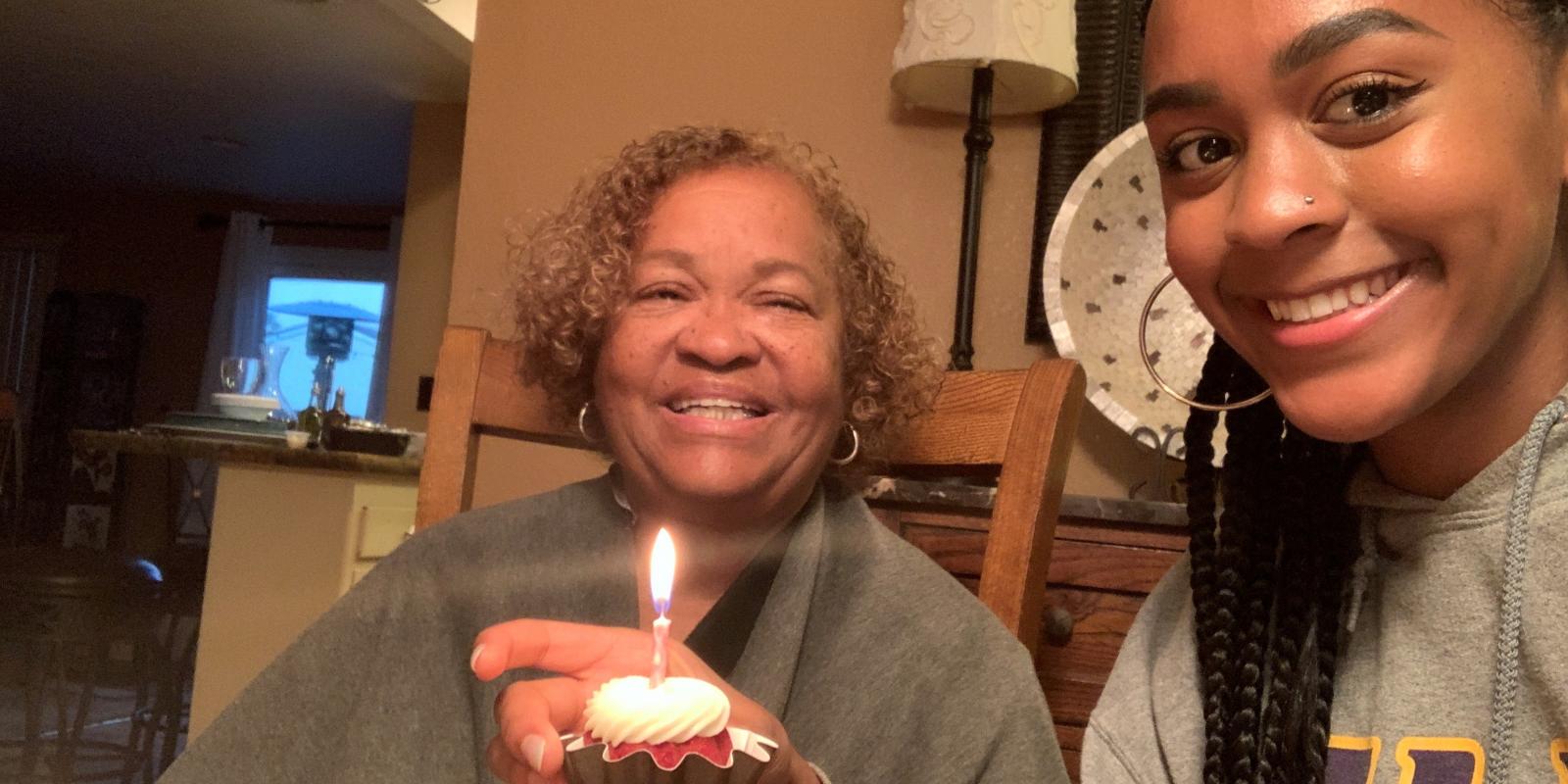Growing up, the aromas of my grandmother’s kitchen were my first foray into the captivating world of culinary arts. Whether it was the secret ingredient in her orange-flavored candied yams, the tender richness of her collard greens, or the irresistible allure of her peach cobbler, I yearned to absorb every nuance of her culinary prowess. Each holiday that came around, we waited eagerly for dishes that took hours to develop in the pot. On Easter Sunday, Thanksgiving and New Year’s Eve, our family gathered in the living room and the only sounds heard were the clinking of forks as they hit bowls and subtle “mm mms.”
The food would be so delicious that no conversation between us was necessary. But as the years passed, a perplexing transformation occurred—my grandmother cooked less, ate sparingly, and seemingly lost her flair for creating the mouthwatering dishes I so fondly remembered. Our family would not gather as frequently and our family’s food traditions slowly dissolved.
This evolution allowed me to discover the silent adversaries plaguing not only her, but also my other grandmother and even my father, who was recently diagnosed with high blood pressure. Diabetes, high blood pressure and the natural loss of appetite with age were the culprits behind this decline. Witnessing the toll these health issues took on my family ignited a desire within me to bridge the gap between our delicious cuisine and well-being.
As I stepped into the role of preserving our culinary legacy, while prioritizing health, I found myself drawn to the kitchen more than ever. It wasn’t just about recreating the flavors of my childhood; it was about honoring the traditions, while adapting to our bodies’ needs.
With determination fueled by love and a deep-rooted connection to my ancestors, I embarked on a journey to master the art of cooking, starting with the recipes passed down through generations.
Among these treasures was my grandmother’s cherished collard greens recipe—a dish steeped in the history of Southern cuisine, originating from the period of slavery when enslaved Africans transformed humble ingredients into nourishing staples. My ancestors were pioneers, as they would use the undesirable cuts of meat and stew them in greens and peas to add more flavor to the dish. Learning to prepare this dish felt like inheriting a piece of my ancestry, a tangible link to the resilience and creativity of those who came before me.
With each sprinkle of seasoning and technique I use in my cooking, I pay homage to the generations of cooks who had lovingly prepared these dishes before me. But I didn’t stop there. Drawing inspiration from the vibrant flavors of my culture and the wisdom of my ancestors, I began to innovate, infusing traditional recipes with healthier ingredients and cooking techniques, without sacrificing taste. This encouraged me to start my own food blog and culinary company, Jordie’s Joint LLC.
In doing so, I not only honored the legacy of my family’s culinary traditions but also forged a new path—one that celebrates our heritage and our well-being. As I continue to share meals with loved ones and now clients, I carry with me the lessons learned from my grandmother’s kitchen, reminding me that food is not just sustenance but also a symbol of love, resilience and cultural identity.
Jordyn Roberson is a third-year student at the University of Southern California, studying Human Development and Aging with an emphasis in Nutrition and Health Promotion.
Photo caption: Jordyn Roberson and her grandmother.
Photo credit: Courtesy Jordyn Roberson













